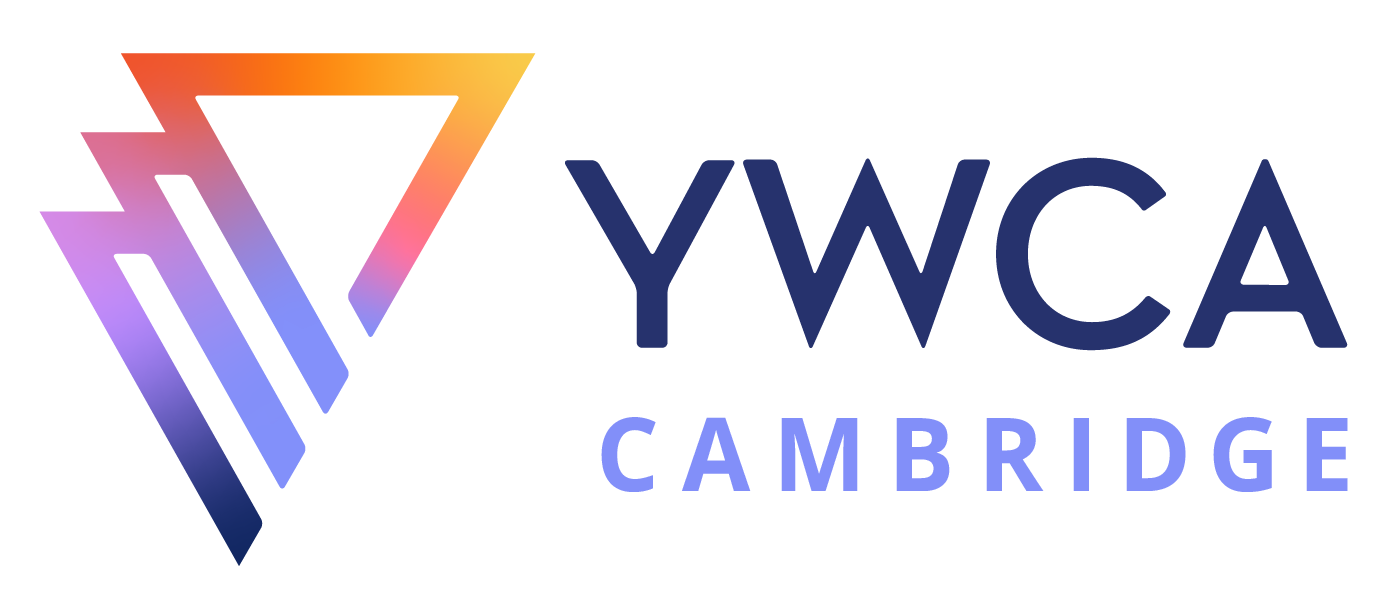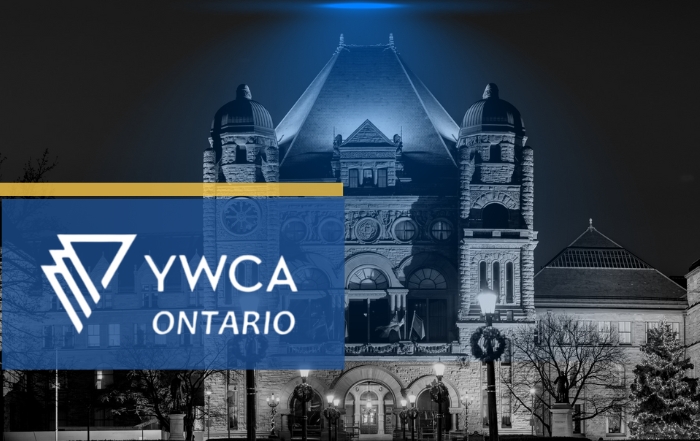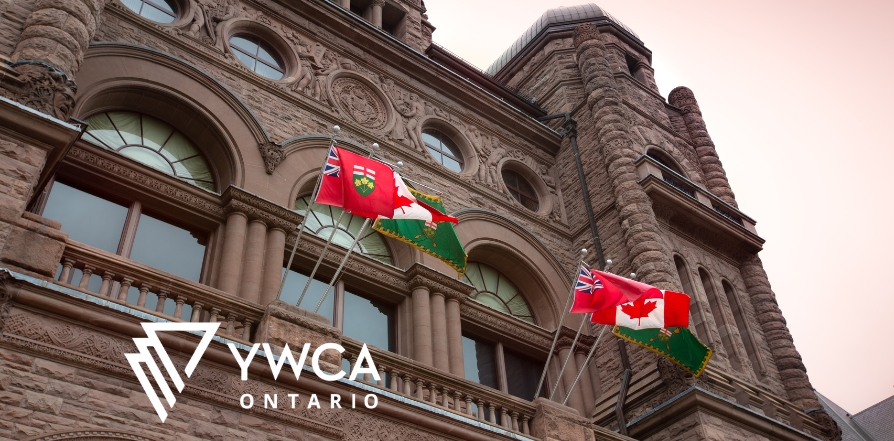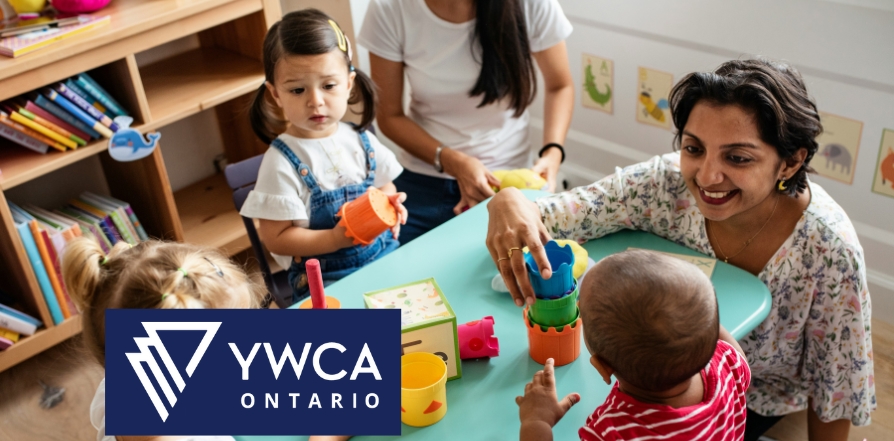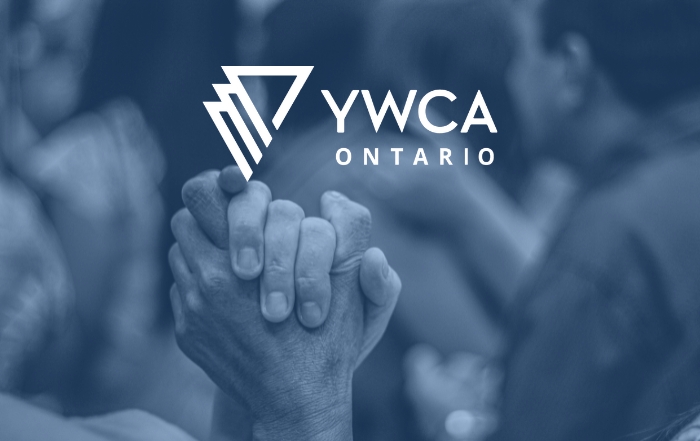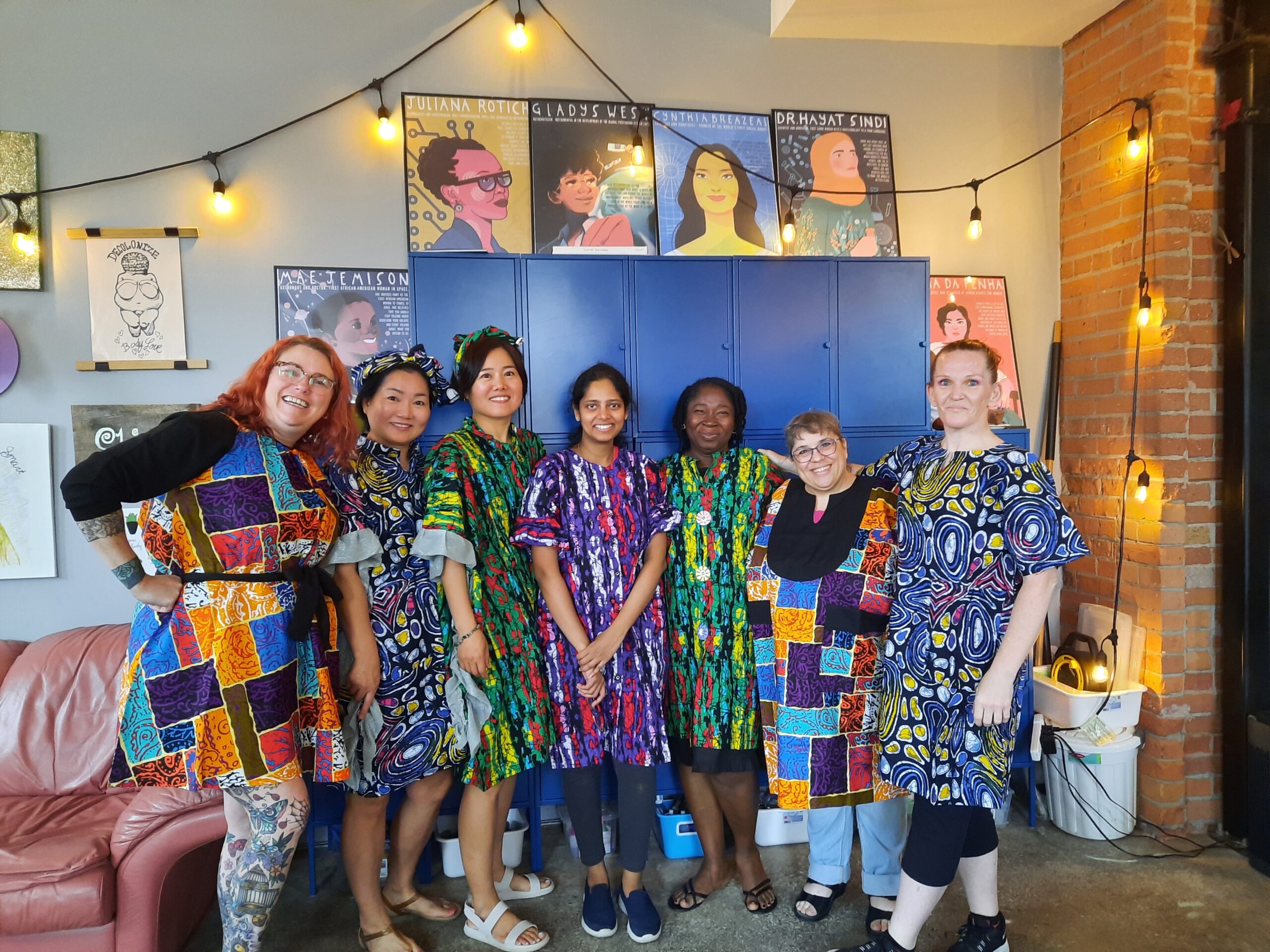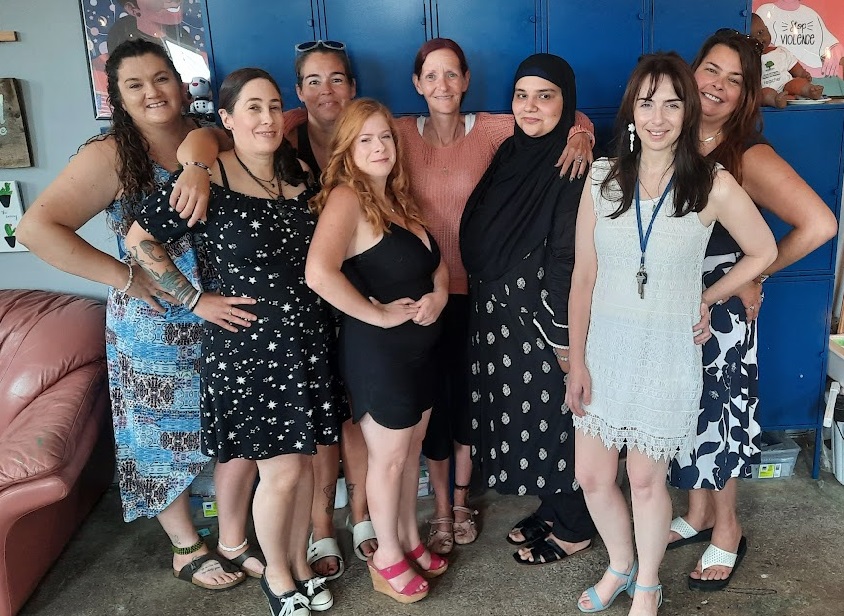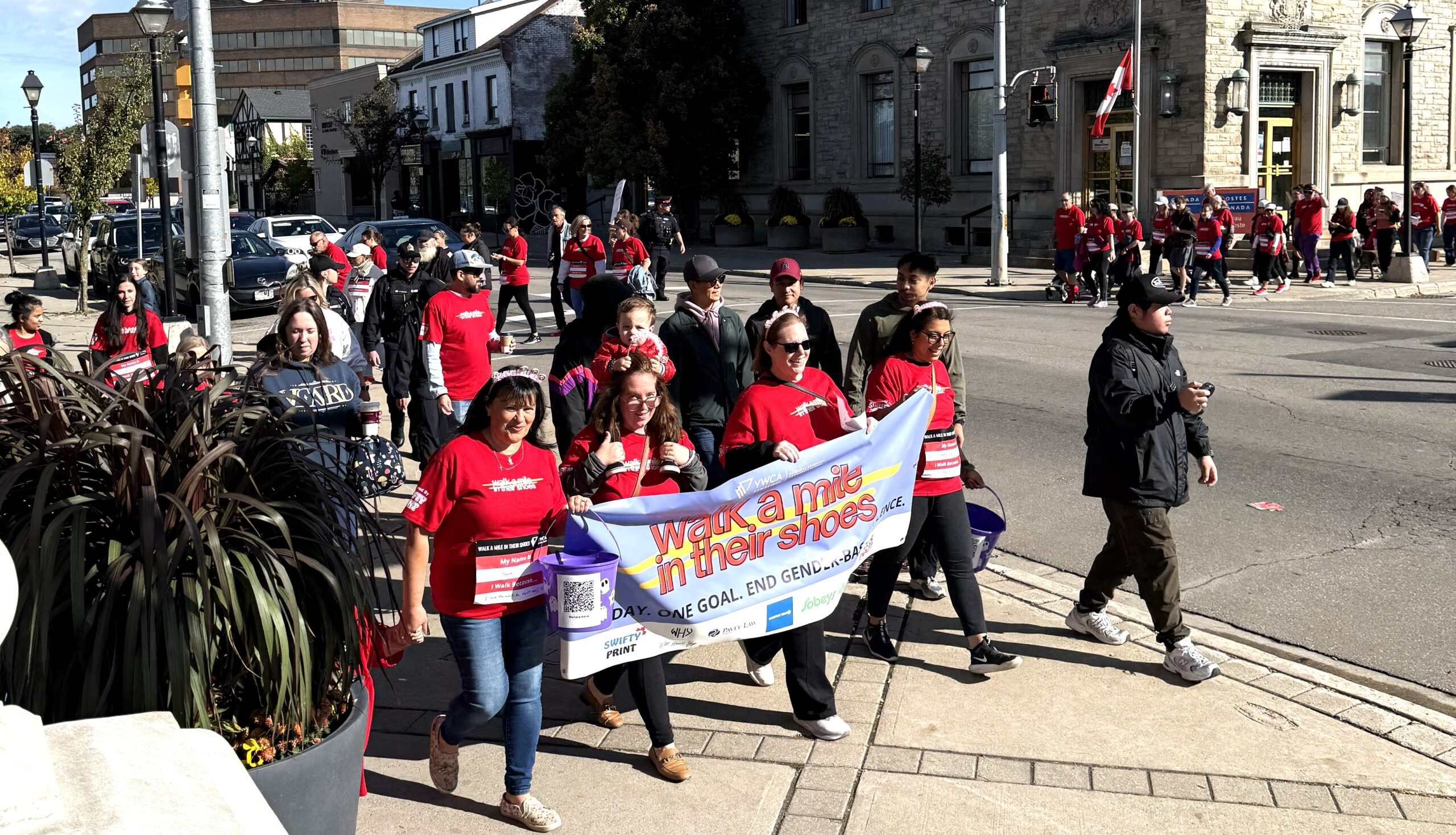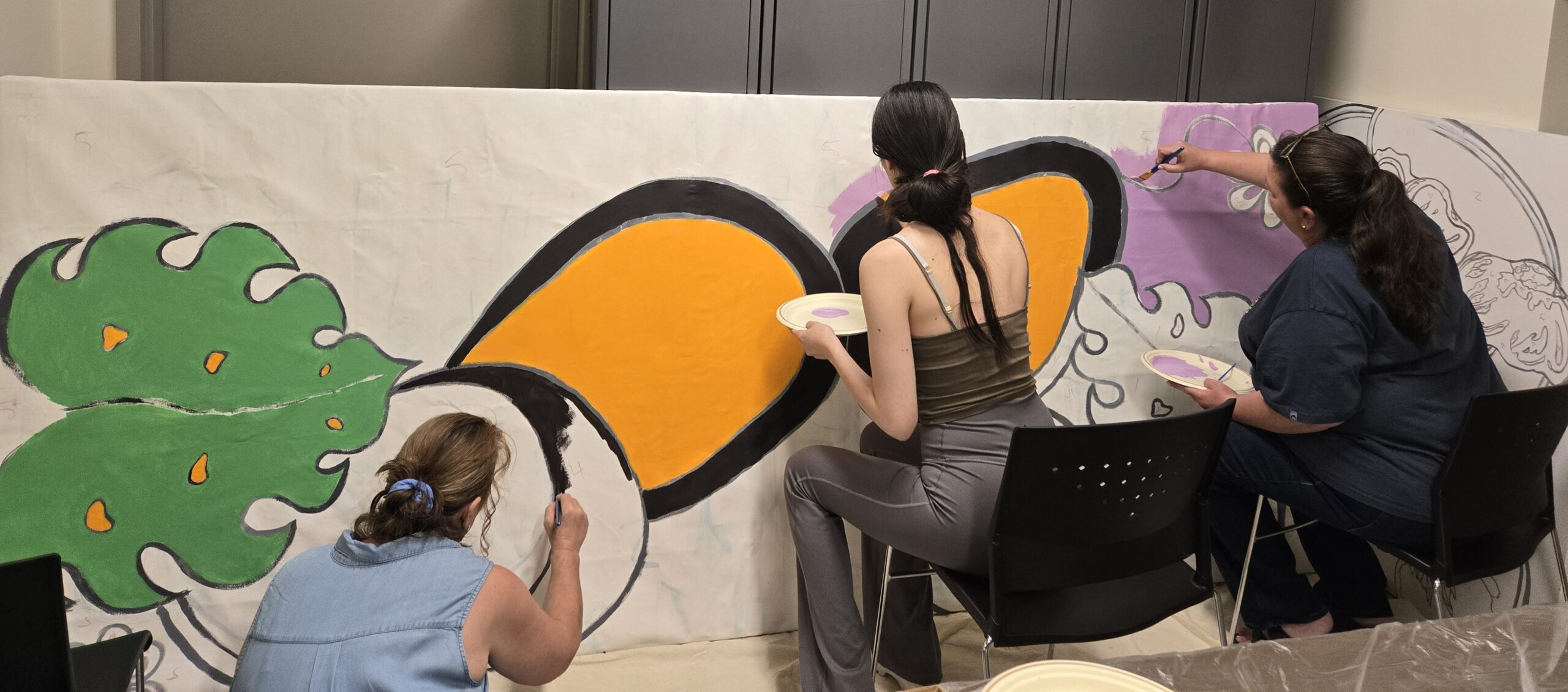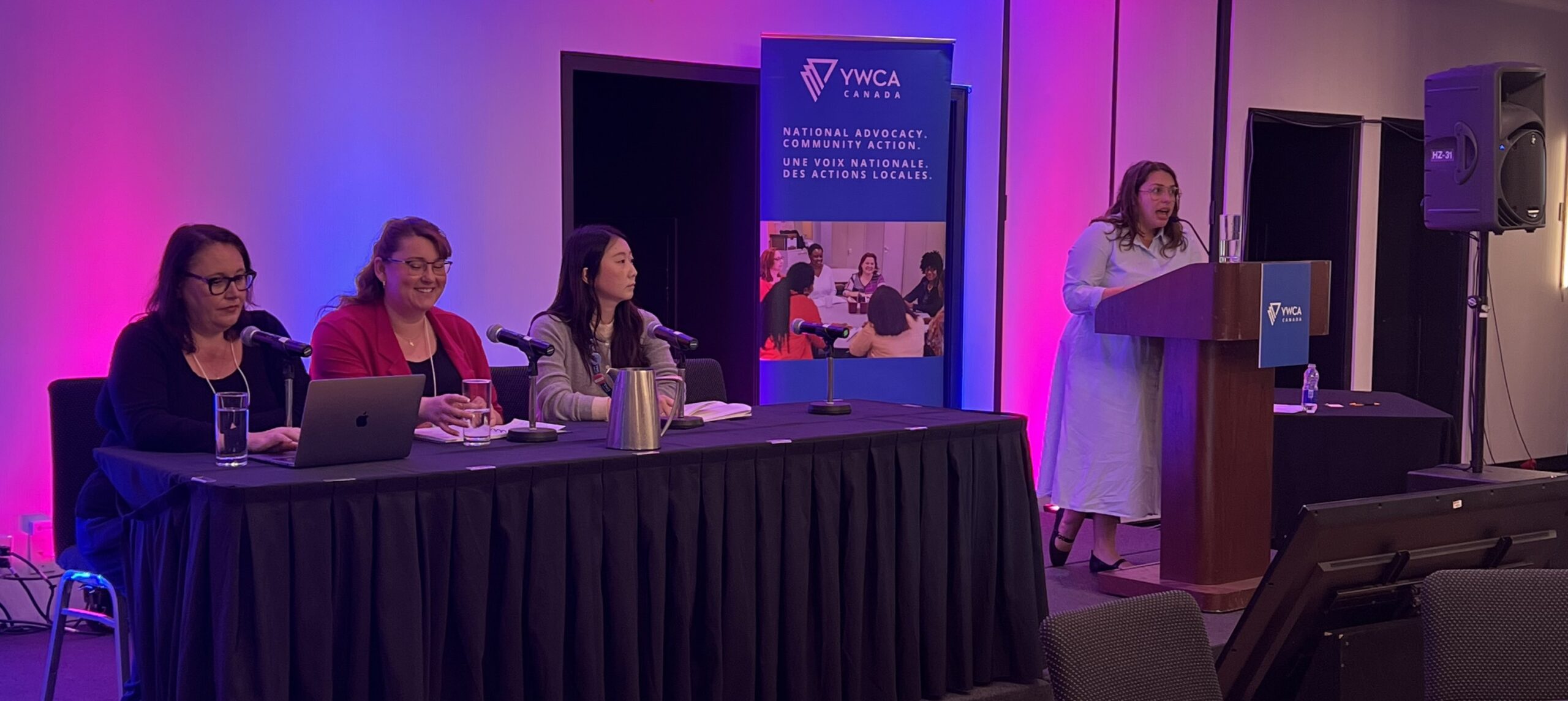
We are incredibly proud to share insights from a recent national panel on child care, where our very own Director of Child Care Services, Kristina Lyman, represented YWCA Cambridge and shed light on the vital work being done to shape the future of early learning and care in Canada.
The discussion, hosted by YWCA Canada, highlighted the profound impact of child care on our communities, extending far beyond early learning to encompass women’s economic security, safety, and empowerment. As a movement, YWCA has advocated for universal, high-quality child care for over half a century, recognizing it as a cornerstone of gender equity, of better outcomes for children, and a safer, more equitable world for all.
Why Publicly-Funded, Universal Child Care is Good for Everyone
Universal child care isn’t just about ensuring strong starts in life for children. It’s a key economic driver. With Canadian women aged 25-54 experiencing employment rate drops at twice the rate of men due to primary caregiving roles, affordable and accessible child care is integral. It allows women to pursue education, build financial independence, and ensures long-term stability. It means boosting household income, increasing buying power, and increasing tax revenues for governments, while crucially pushing the needle on gender equity.
National Consensus: Child Care as a Public Good
Recent national polling by Environics on behalf of YWCA Canada and YMCA Canada revealed overwhelming public support for child care. A remarkable 84% of Canadians agree that affordable, high-quality child care should be available to all parents who need it. This consensus is so strong that Canadians prioritized increased child care funding over lower taxes when considering how to make life more affordable for families. This clearly demonstrates that Canadians view child care not as a luxury, but as a necessity and a core component of our social infrastructure.
YWCA Cambridge: Navigating Successes and Challenges
Kristina shared the unique experiences of YWCA Cambridge, a “small and mighty team” supporting over 400 child care spaces across Cambridge. Despite the challenges, our team is dedicated to finding innovative solutions and advocating for the needs of families in our community.
Key Successes for YWCA Cambridge:
- Reaching Low-to-Middle Income Families: The Canada-Wide Early Learning and Child Care (CWELCC) system has significantly improved our ability to serve families in low-to-middle income brackets, expanding access to care to more families who need it.
- Proactive Support for Diverse Needs: We have our own, in-house, full-time behavior and inclusion expert and, under her leadership and expertise, adapted our registration process to proactively support children with diverse needs, ensuring a more responsive and inclusive environment.
- Leading Quality Frameworks: Waterloo Region has developed a quality framework tool that is now being shared across Ontario, demonstrating our commitment to maintaining high standards of care.
- Exciting Expansion: We are thrilled to be opening a new child care center, slated for Fall 2026, adding over 88 spaces, including infant spaces, which is new for us!
- Supporting Newcomers: Our unique LINC (Language Instructional for Newcomers to Canada) nursery program in partnership with Conestoga College provides a vital three-hour, specialized program for newcomer children while their parents attend LINC classes.
Ongoing Challenges and What We Need:
While celebrating the incredible successes of CWELCC and its implementation here in our community, Kristina also highlighted critical challenges faced by child care operators, many of which are shared across the country:
- Workforce Stability and Educator Well-being: The ongoing challenge of staff burnout, recruitment, and retention requires immediate attention. We need to focus on initiatives like improved onboarding and mentorship programs, flexible schedules, and paid planning time to support our incredible educators who are often stretched thin.
- Administrative Burden: Extensive reporting, tracking, and complex subsidy reconciliations create significant administrative strain. We and our sector partners advocate regularly for simplified and centralized administration.
- Funding Uncertainty: In Ontario, the lack of a signed agreement to extend CWELCC beyond March 2026 creates anxiety for families and providers, underscoring the urgent need for a permanent plan.
- Accessibility Gap: While fees are lowering, the lack of available spaces remains a critical issue. Affordability is meaningless without accessibility and accessibility can only be facilitated through adequate capital funding from our governments that allow for nonprofit expansion.
Looking Ahead: Our Priorities
For the next 12 months, YWCA Cambridge is prioritizing investing in workforce stability and educator well-being. We are committed to preventing burnout and ensuring our staff have the capacity and support they need, especially as the needs of children with diverse requirements continue to grow. We believe that by working together, advocating loudly while working to enhance cross governmental and sector collaboration, and focusing on both the well-being of our dedicated staff and the diverse needs of our families, we can continue to build a brighter future for childcare in Canada.
